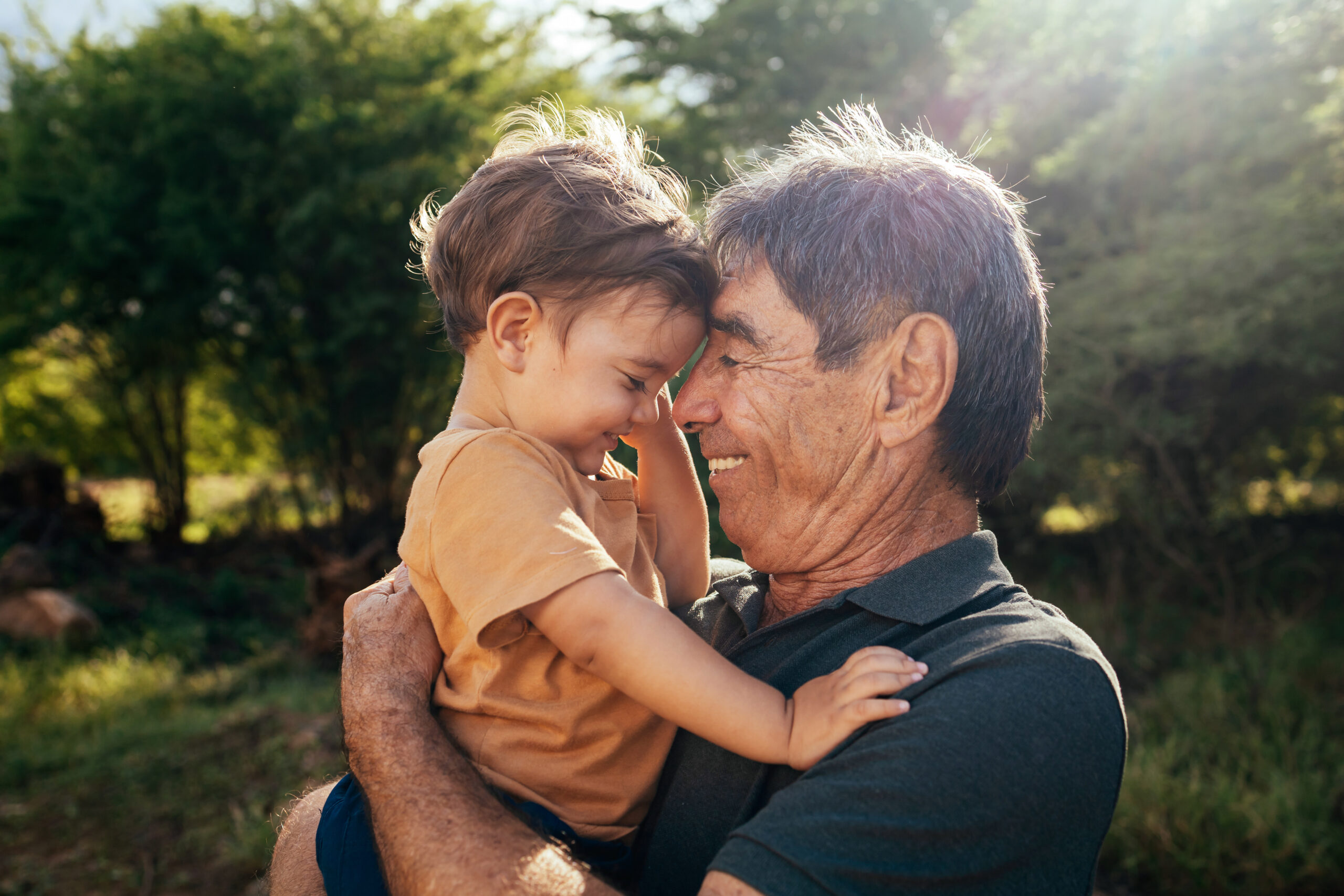Did you know that the roots of a child’s future success, happiness, and resilience lie not just in genetics or the luck of the draw, but in the quality of their earliest relationships?
Yes, we’re talking about the power of secure attachment. It’s like the secret sauce in the recipe for a well-adjusted, thriving child. But what does it really do for them? This blog is all about showing you seven great things that happen to kids when they have secure attachments. It’s not just about feeling nice; these early bonds actually help kids in lots of important ways.
Let’s take a closer look and see how these Secure attachments can lead to a great life!
- Improves Emotional Regulation
Emotional regulation is basically about knowing how to handle your feelings well, no matter your age. It’s a skill that helps you stay calm even when things get really tough (Calkins & Leerkes, 2011).
This skill is really important! It starts when you’re young and have good relationships with people who care about you. It’s like having a sturdy boat to help you sail through life’s ups and downs.
Just like learning to sail, getting good at managing your emotions takes practice. When you’re able to understand your feelings, figure out what makes you upset, and know how to deal with them in a healthy way, it’s like being a pro sailor in the sea of emotions.
Having this skill means you can handle whatever life throws at you with confidence and peace of mind. And it’s not just good for you—it also helps you get along better with others and be happier overall.”
- Boosts Self-Esteem
Kids who feel securely attached have this invisible cheerleader, always whispering, “You can do it! You matter!” It’s not about getting prizes for just showing up; it’s about truly believing in themselves because they’ve always had someone there for them. When these kids walk into a room, you can almost see this confident aura around them. The research shows that kids who feel close to their caregivers tend to feel better about themselves (Lee & Hankin, 2009).
It’s not being full of themselves; it’s just this strong feeling of “I’m good as I am.” And guess what? That feeling is like the solid foundation for having good self-esteem.
- Improves Learning and Cognitive Development
When kids feel safe and supported, their brains are like, “Hey, let’s turn on the curiosity turbo boost!” They’re more likely to ask questions, explore, and soak up new info like little sponges. It’s not just about getting good grades (though that’s cool, too). It’s about laying down the neural highways that help them think, learn, and problem-solve as they grow. Basically, secure attachments are setting up kids to be lifelong learners. How cool is that?
- Better Social Skills
Children who feel really close to their caregivers find it easy to go from being at home to playing with other kids, like on the playground. They’re good at playing together and being friends. When there’s a problem, they try to understand how their friends feel and fix things without fighting. This helps them make strong friendships and get along well with others. Basically, having a strong bond with their caregivers helps kids feel sure of themselves in social situations and have fun with friends.
- Increases Resilience to Stress
Kids who feel really close to their caregivers are like superheroes when it comes to dealing with life’s ups and downs. They’re always ready to take on any challenges that come their way. These children have this special strength inside them to handle stress and tough times. And when things get rough, they bounce back like champs! It’s all because of the strong bonds they have with their caregivers. It’s like they have this superpower that helps them get through tough times with a smile on their face.
- Healthier Relationships in Adulthood
The relationships we form as adults often reflect those we had as children. When kids have strong connections with their caregivers, it paves the way for healthy relationships later in life. These early experiences essentially shape how they’ll interact with others in the future. So, if they develop trust and security in their early relationships, they’re more likely to excel at communication, forming meaningful connections, and maintaining healthy relationships as adults.
- Lower Risk of Behavioral Problems
When kids have strong bonds with their caregivers, it really helps them avoid behavior issues. These secure attachments give them a solid base of love and stability.
So, when tough situations come up, they’re better at handling them without being mean or rebellious. They can deal with tricky feelings and conflicts in a positive way, which is great for them. Secure attachment is a shield that keeps kids away from acting out and leads them to happier, calmer waters where they can grow and make friends easily.
Wrapping It Up
The benefits of secure attachment in early childhood are like a beautiful tapestry, touching every part of a child’s growth. From their emotions and social skills to their thinking and behavior, secure attachment shapes it all. As caregivers, our job is clear: we need to focus on building strong bonds with our children. Whether it’s showing them consistent love, understanding their feelings, or simply being there for them, every action we take helps lay the groundwork for their bright futures.
Let’s not underestimate the power of secure attachment. It’s more than just a connection; it’s like a launching pad for all the adventures life has in store. So, are you ready to start? Your child’s future self will be grateful
FAQs on Secure Attachment
Q: How can I tell if my child has a secure attachment?
A: Look out for signs like your child seeking comfort from you when upset and feeling confident to explore their environment when they know you’re around. Children with secure attachments generally show a healthy balance of dependence and independence.
Q: Can secure attachment impact academic performance?
A: Yep, it sure can. Kids with secure attachments often have a better focus, higher self-esteem, and a curiosity that fuels learning. This solid emotional foundation can lead to improved academic performance because they’re more likely to take on challenges and persist through difficulties.
Q: What if a child doesn’t show signs of secure attachment?
A: Don’t fret. Attachment styles can evolve over time with consistent love, support, and sometimes professional guidance. If you’re concerned, reaching out to a child psychologist or therapist can be a great step. They can offer strategies to strengthen your relationship and promote a more secure attachment.
Q: Does having multiple caregivers affect a child’s ability to form a secure attachment?
A: Not necessarily. What’s key is that each caregiver provides consistent, responsive, and loving care. Children can form secure attachments with multiple caregivers; it’s the quality of the interaction that matters most, not the number of people providing care.
Q: How does secure attachment affect emotional intelligence?
A: Secure attachment lays the groundwork for emotional intelligence, including the ability to understand one’s own emotions and empathize with others. These kids get a head start on recognizing and managing emotions, which is a big deal for navigating life’s challenges and building strong relationships.
References
Calkins, S. D., & Leerkes, E. M. (2011). Early attachment processes and the development of emotional self-regulation. Handbook of Self-regulation: Research, Theory, and Applications, 355–374. https://dialnet.unirioja.es/servlet/articulo?codigo=7852381
Lee, A., & Hankin, B. L. (2009). Insecure attachment, dysfunctional attitudes, and low Self-Esteem predicting prospective symptoms of depression and anxiety during adolescence. Journal of Clinical Child and Adolescent Psychology, 38(2), 219–231. https://doi.org/10.1080/15374410802698396









